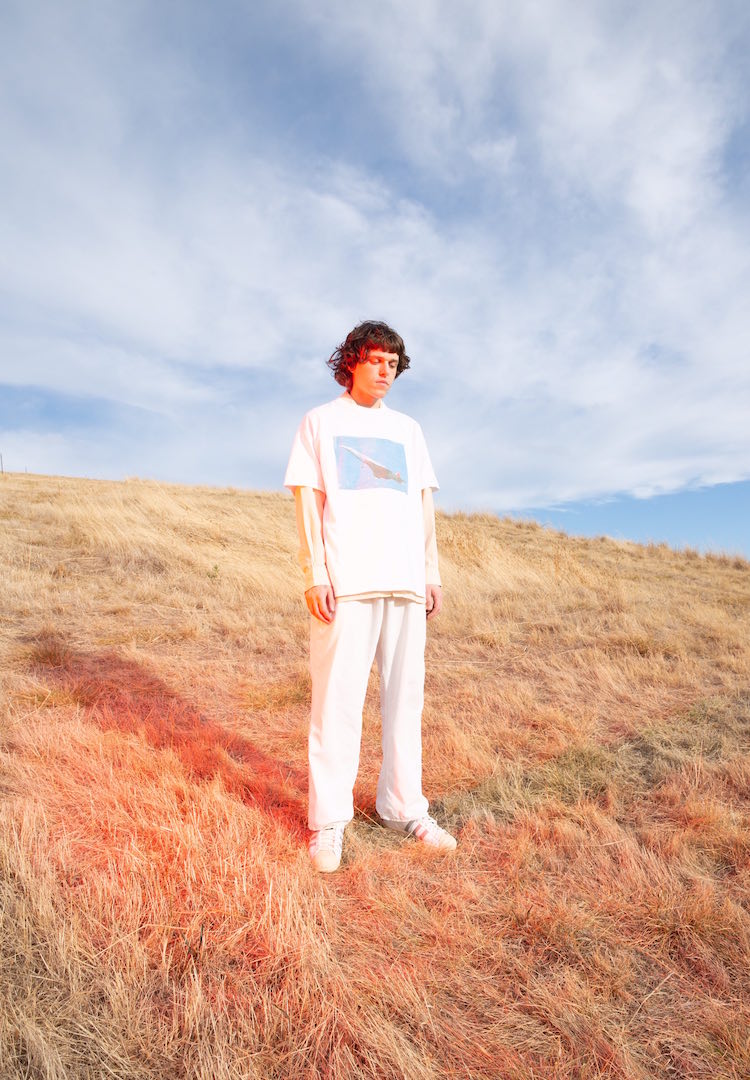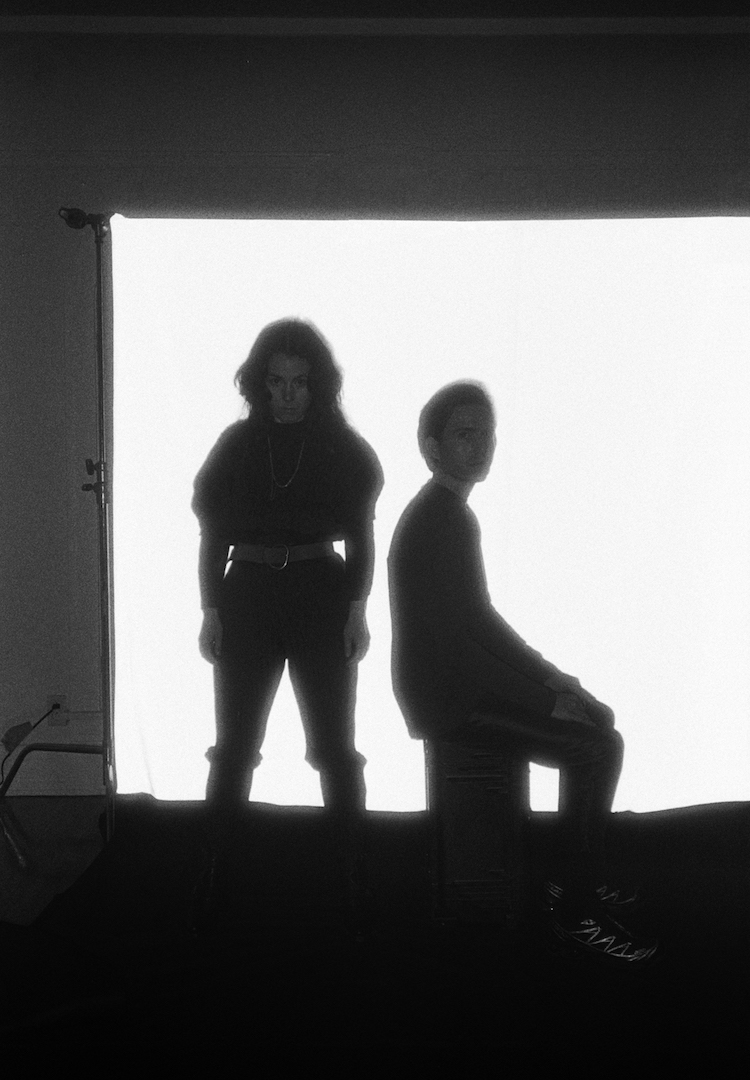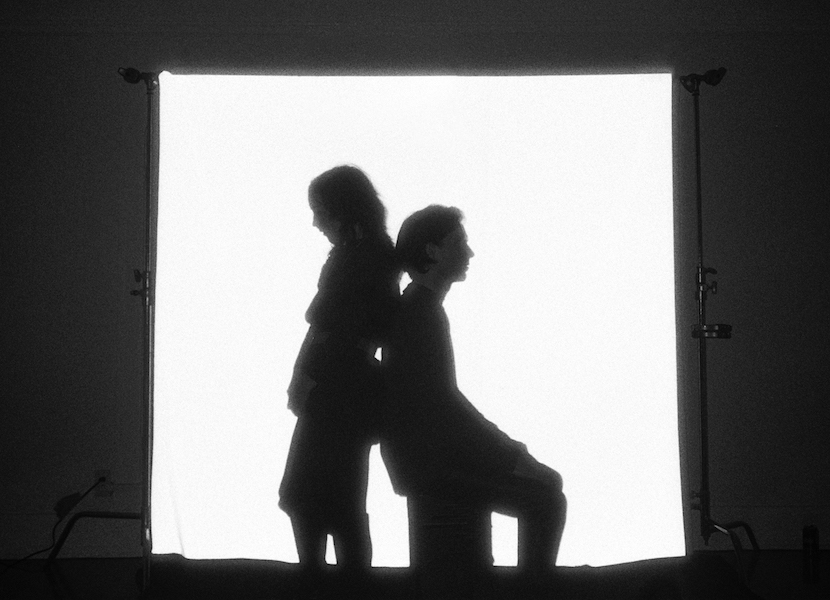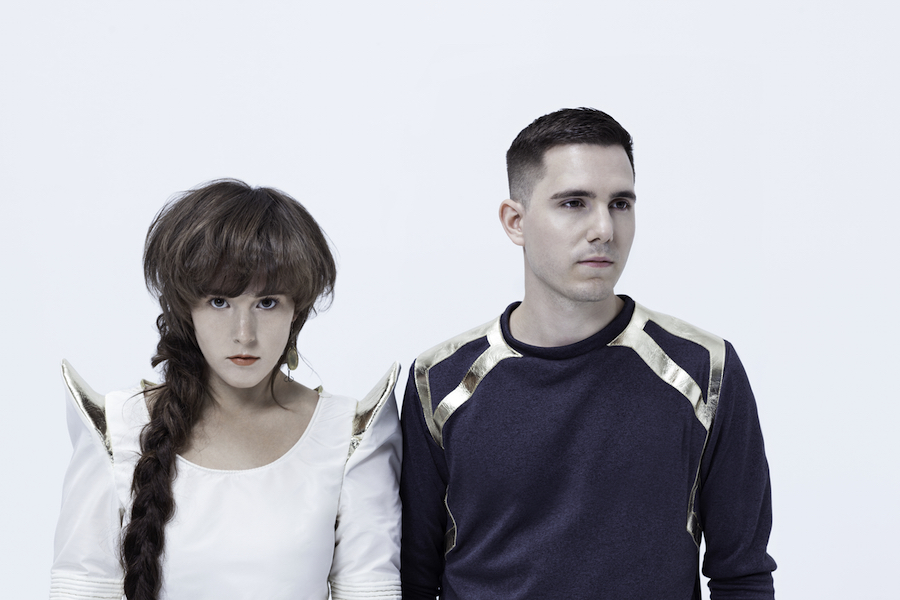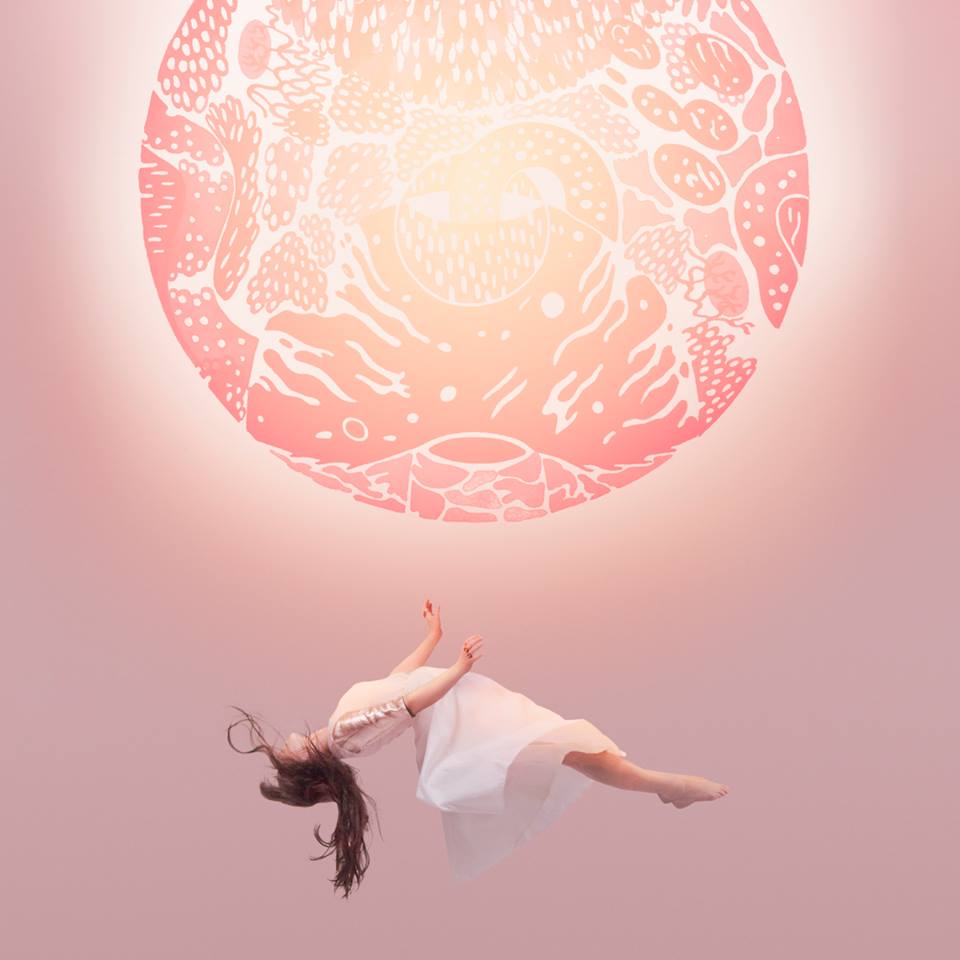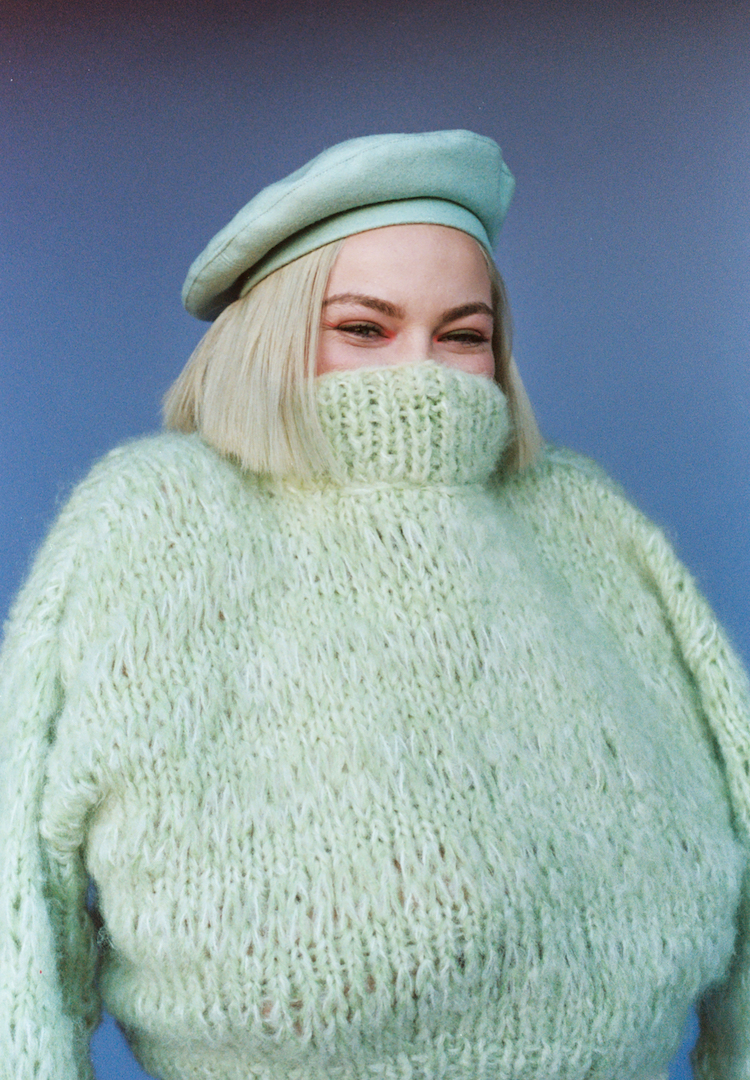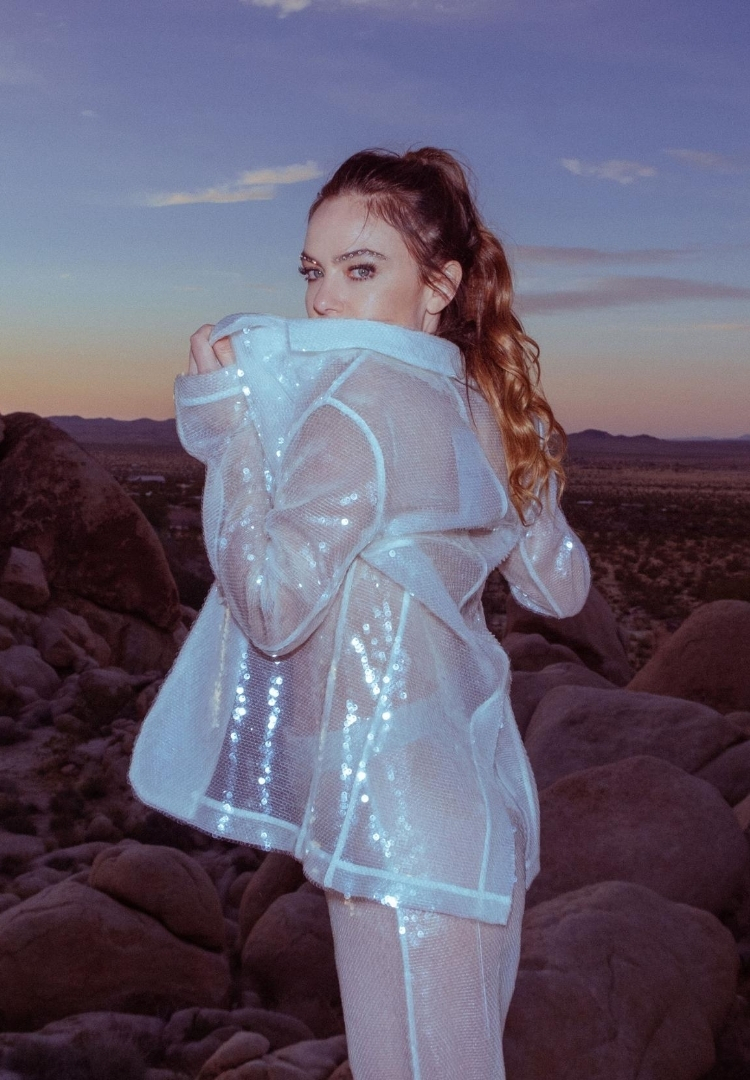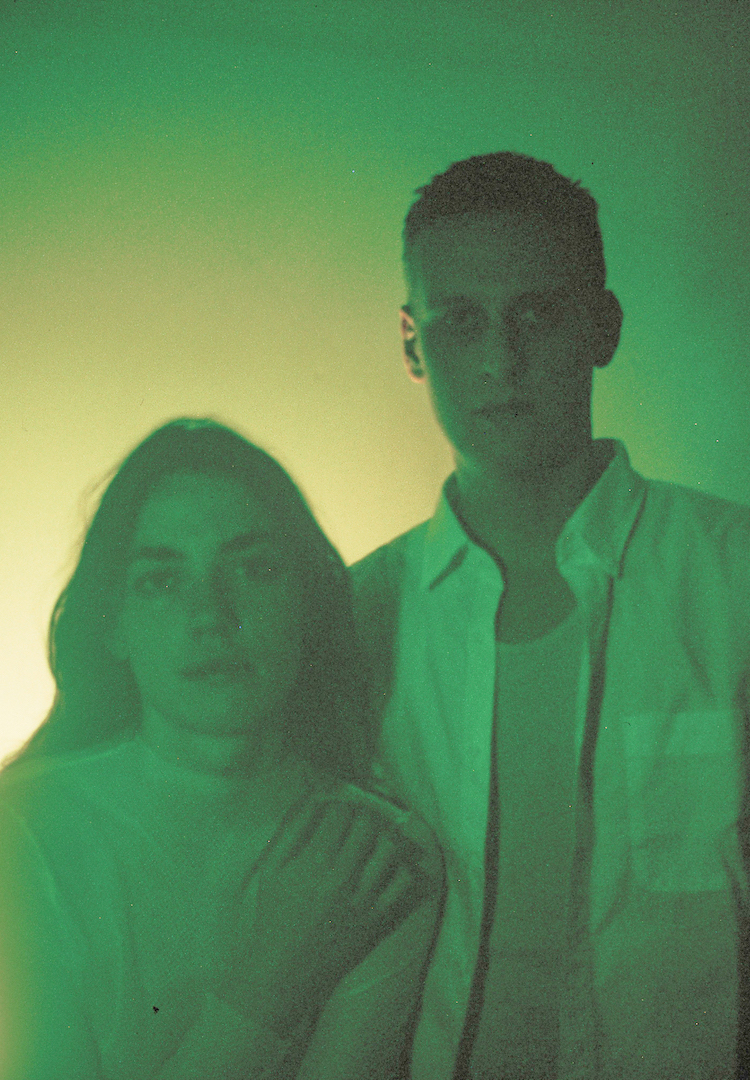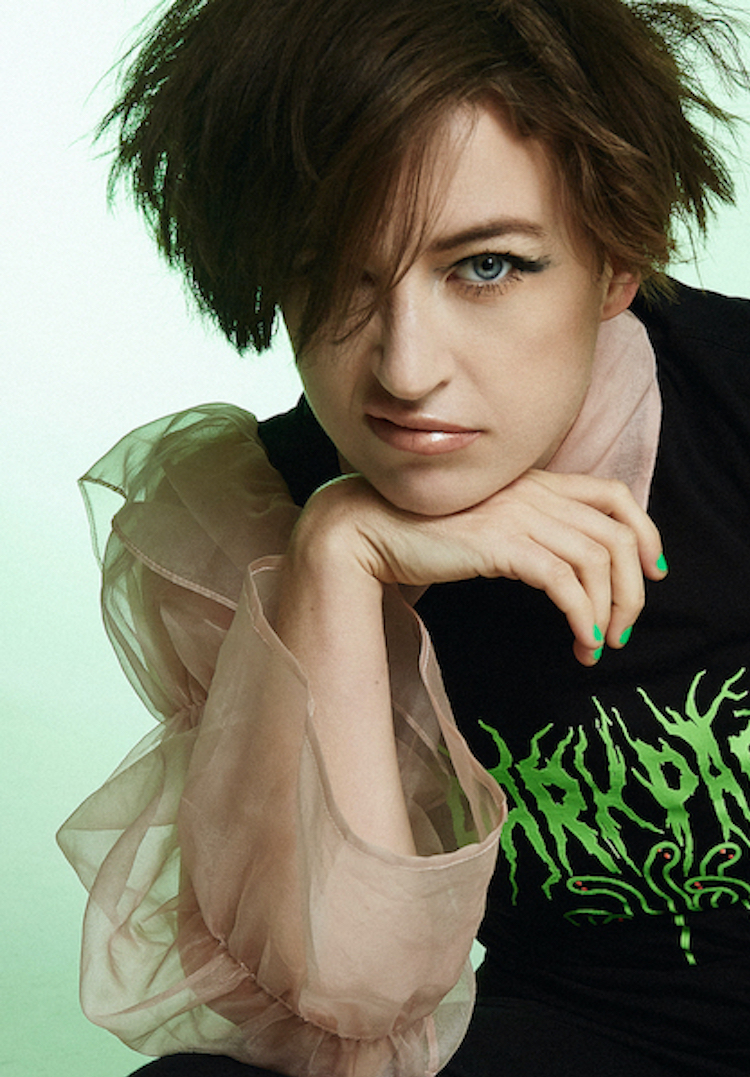Purity Ring has returned to a very different world
Words by Eliza Sholly
During times of turbulence and unease, allow the intergalactic pull of Purity Ring to coax you under the covers.
It feels strange to read about literally anything else during a global health pandemic. The narrative will always feel compromised, particularly when you’re reading something that doesn’t even acknowledge it.
Take this interview for example. One month ago, the world felt like a different place. Social distancing was encouraged, as was self-isolation, but it hadn’t gotten to the point we’re at now. Perhaps that was my ignorance, or an attempt to soften the severity by ignoring what we all knew was coming.
But back then, COVID-19 didn’t define the overarching context of every conversation. And it didn’t sit niggling in the front of our collective mind, ticking away like a ringing in your ear you can’t get rid of.
I guess why I’m telling you this is because, a month ago, when I got the call-up to interview Megan James from Purity Ring, I didn’t think the world would look like this when it was published.
I’ve been following her and bandmate Corin Roddick for a few years now. As Purity Ring, they’ve pretty much cemented their cult, indie-icon status, much like Grimes, or Hiatus Kaiyote more locally. Their 1 million monthly Spotify streams are nothing to laugh at, split across a myriad of singles, plus two full-length albums, Shrines (2012), and Another Eternity (2015).
In the five years since, the pair have been working on a third album, Womb. It’s entirely self-written, recorded, produced and mixed by them, and explores the quest for comfort in a world where so much is beyond our control. A pretty poignant message all things considered.
Had my time again, I’d have done a few things differently. First off, I would have asked her about what she anticipates for the future of the music industry. What does she think the next few months will look like for her and Corin? How will the band attempt to evolve in a time of uncertainty? Can they survive financially without touring revenue? Are they worried about the periphery of incomes that rely on their output? Have they considered leaving their Los Angeles base and returning to their Canadian homeland over fears about the crumbling American healthcare system?
To these questions, I have no doubt she would have given thoughtful, interesting responses. For now, however, away from that niggling ear-ringing, please enjoy a bit of conversationalist escapism. Music, aliens, femininity – brought to you by two women in what feels like a past life.
Megan! Hello, and welcome back! First off, could you tell me a bit more about the motivations for Womb and the moments that inspired it?
Hello! Well, it was quite a long process in the end. We really took our time, and honestly, I’m glad we did. The songs needed it. When I listened to them together for the first time, I thought ‘Whoa this is really comforting’ and for me, it was what I needed. I also want other people to feel that way. Womb to me encourages warmth and community.
You made the last album completely long distance, what was the process like this time?
We did most of it at our home studios which are five minutes apart from each other. It was how I always wanted to make a Purity Ring record. At the beginning of this one, we did travel a bit and have a few writing retreats.
Writing retreats, hey? What do they look like?
Well, the Corrin and Meghan writing retreat is about finding a nice Airbnb in the middle of nowhere. A place that is pretty minimal with nice wood spaces. Very log cabin-esque. We bring a mini set up of all our own gear and just have at it. That’s what we were doing when we wrote the first single Stardew, actually.
It’s been five years since you’ve released any music. The consumption side of the industry – the drastic explosion of streaming, social media and all the rest – has radically evolved. Do you feel pressure to conform?
A little bit of yes, and a little bit of no. There’s always a pressure to put out new music constantly now, which has been a major part of the side of music that has changed since we’ve been gone. We skipped feeling all that, partly also because I also don’t believe in it. Don’t get me wrong, I love a lot of the stuff that has been put out in the last five years, but for me, this fast-paced idea of trying to maintain people’s attention would come at the cost of quality.
From a style perspective, there are a few Purity Ring signature elements. For example, all the track names are in lowercase. It’s very VSCO girl. Is that intentional?
We’ve actually always done that, even since Shrines. It doesn’t show up on every platform, but we’ve styled it that way since the start. To be honest it just seemed like it fit; more in line with the way I think, or how I write normally. There aren’t any capitals in the lyrics either, but yeah it is a thing more people are doing, for sure.
Every album you release you talk about how much has changed since the previous one. It’s been five years, do you think that the process of evolution is ongoing?
I hope so. Corrin and I both don’t want to make the same record twice. With this one, we separated ourselves from what was going on in music around us and tried to focus more on giving each song the attention it deserved.
In a lot of ways, I think Womb brought us back to what we’ve always been. It felt very comfortable, easy and relaxed, which is the environment I need to make anything. Even though people might say, “Oh it still sounds like Purity Ring,” to me these songs are different.
People like to ascribe ‘space’ metaphors to describe your work. Lots of intergalactic synonyms. Are you conscious of that?
Fully. Each record has sort of been its own world and existed in its own universe. I always think of Shrines as being in a huge cave or under a big pile of blankets – it feels very close. Another Eternity feels more like it was shot into the sky. With Womb, I think of everyone listening to it being in a room, which is so ridiculous. I’ve never said that out loud, but to me it is.
Do you believe in aliens?
Yeah. More than any other thing of that category – like ghosts, or God.
I’m hesitant to ask you about being a woman in music. I feel like gender in the industry is something you’re consistently asked to speak on, and that messaging intertwines with the negatives or setbacks. So, what is your favourite thing about being a woman in music?
Oh, I love that. That’s still a hard question because my mind just races to all the positives that have resulted from overcoming a setback. I do love that my part of the music we make is very personal and feminine. The way that I perceive the world through a lens of my own identity and lived experience is something only I can translate through the music.
10 years ago when I first started, there wasn’t much of community for women. Whereas now I think we’re all more conscious of how difficult it can be, and are more aware of gatekeepers and typical cultural patriarchy things that obviously apply. A lot of women and non-binary people are very comfortable reaching out to each other in music, and are keen to have friendships that are found through the industry. They’re public and it’s beautiful. It’s a hard time to be a woman in music, but it’s also an exciting time – there’s an era of change which is an exciting thing to be a part of.
Stream/buy/soundtrack your Zoom call to Purity Ring’s third album Womb, out April 3.

